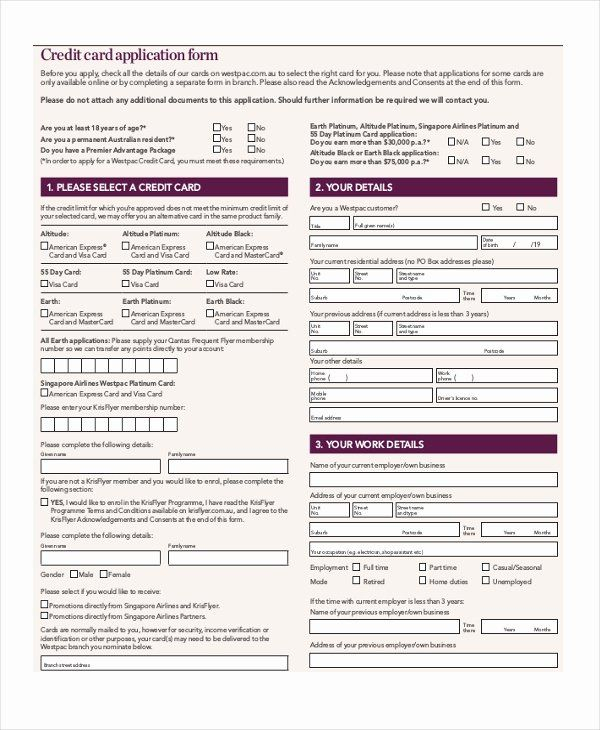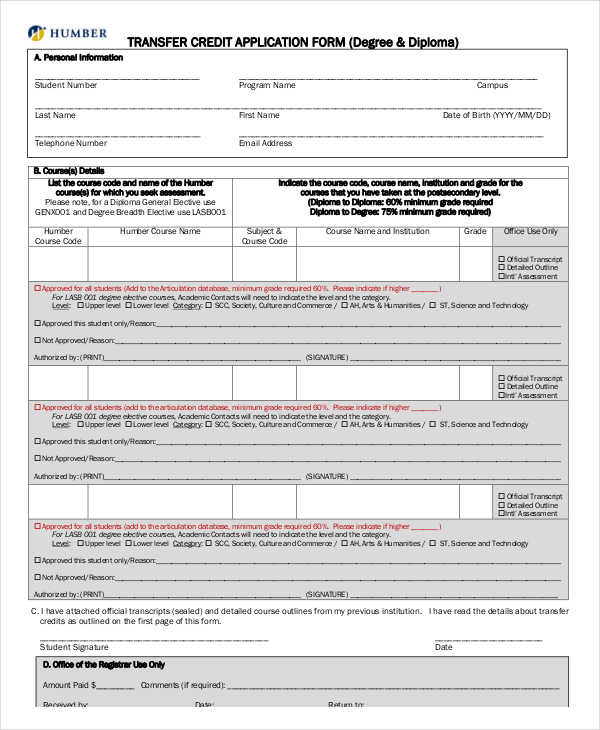Transfer Credit Application Gwu Form – If you’re uncertain about the process of transferring or have questions about the process, you can use your Transfer Credit Acquired Formula, or TCAF. There could be a course which you did not finish and haven’t been awarded a grade for, and you’re wondering if you can apply for your degree. The good news is that you could. In general, courses that receive grades of C or higher do not require material reviews. However, you should note that any coursework that isn’t able to transfer to a specific University of Michigan course is considered to be departmental credit. If not, you cannot transfer it to a U-M program and it could not be able to fulfill the requirements for the degree.
Coursework must be graded equivalent to C or higher.
To transfer your courses the students must have received an overall grade of C or higher. To be eligible for credits for transfer, they have to have been taken at an accredited university or college, such as The Higher Learning Commission or the Middle States Association of Colleges and Schools (MASAC). International programs must be assessed according to an individual-to-individual basis. Official transcripts are required to be sent in writing to CCS. The previous institution you attended must have approved the course.
In order to transfer your credits from a previous college, courses that you took at a foreign school must be graded with a of C or better. Graduations that pass or are satisfactory are not transferable, nor is colleges algebra, developmental courses or career and technical courses. However this policy was altered during the COVID-19 disease, and courses that were taken prior to then are now accepted.
To be eligible for transfer credit, the courses in regionally accredited schools must have earned a grade with a grade of “C” or better in the previous institution. In order to transfer credits in order to transfer credit, the courses must be identical in scope and substance. While a C-grade is the acceptable minimum grade for transferable credits, some institutions accept scores of “D” or higher. Accreditation bodies include these bodies: the Middle States Association of Colleges and Schools and the New England Association of Schools and Colleges and the Northwest Association of Schools and Colleges and Southern Association of School and Colleges.
TCEL lists courses that were transferred to Clemson before. This is not an exhaustive list . The courses not mentioned in this list will have to be assessed prior to submitting an application to Clemson. According to the TCEL listing also includes similar courses, but the list does not reveal differences in the amount of credit hours that institutions offer. Also, although the TCEL list courses that are comparable to courses at other institutions The Office of Admissions’ evaluations depend on the most current information.
While your prior course work may be acceptable, it is crucial to consider its academic consequences. If you’re unable do the required work then you should consider taking it again. Do your best to score at minimum a “C” in the course and meet any requirements which are required by your university. If you take a course more than more times will affect your GPA cumulatively so you need to be aware of this whenever you’re considering repeating it.





